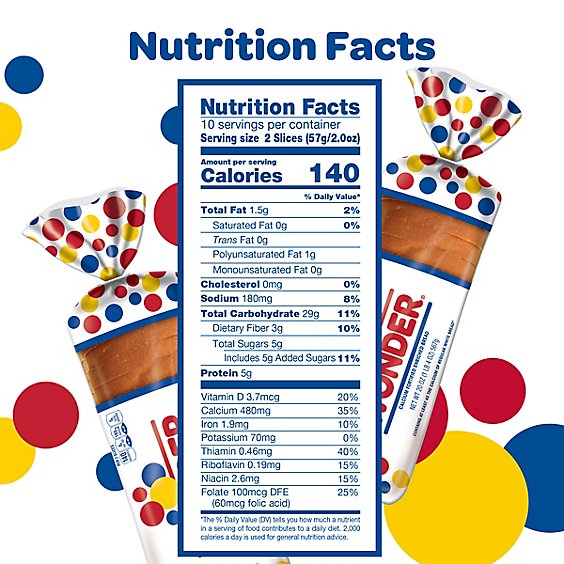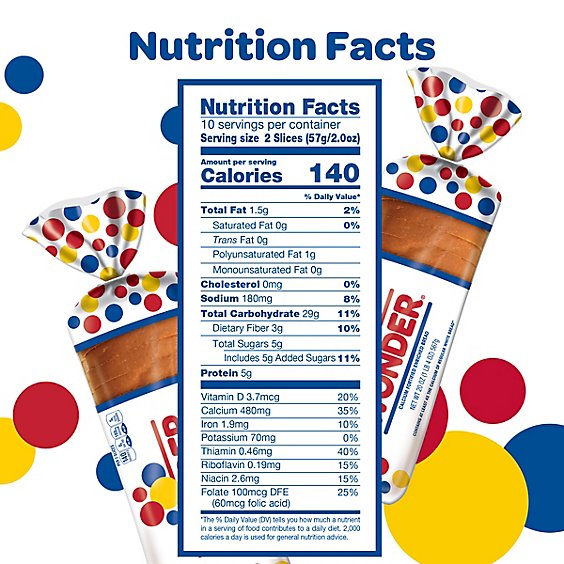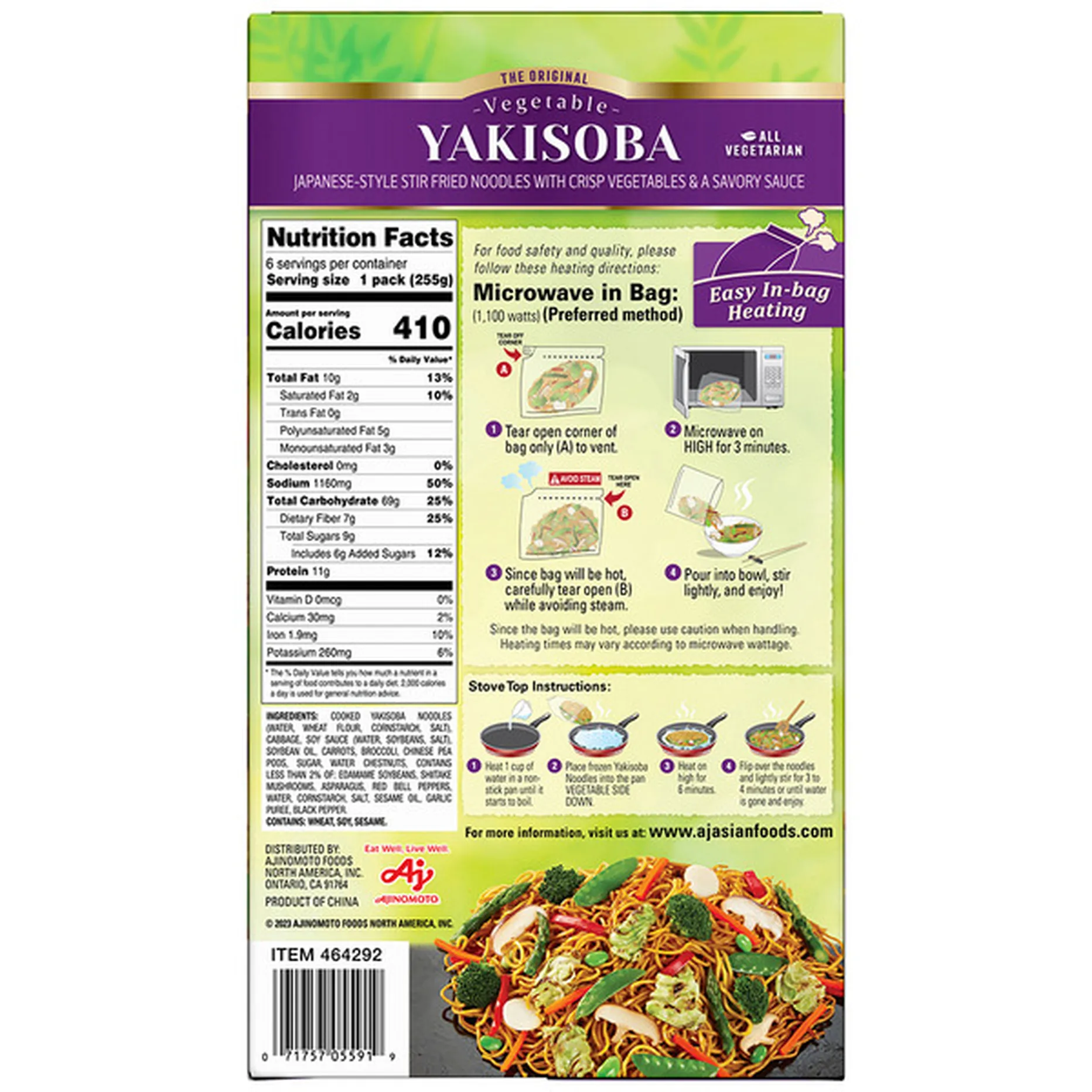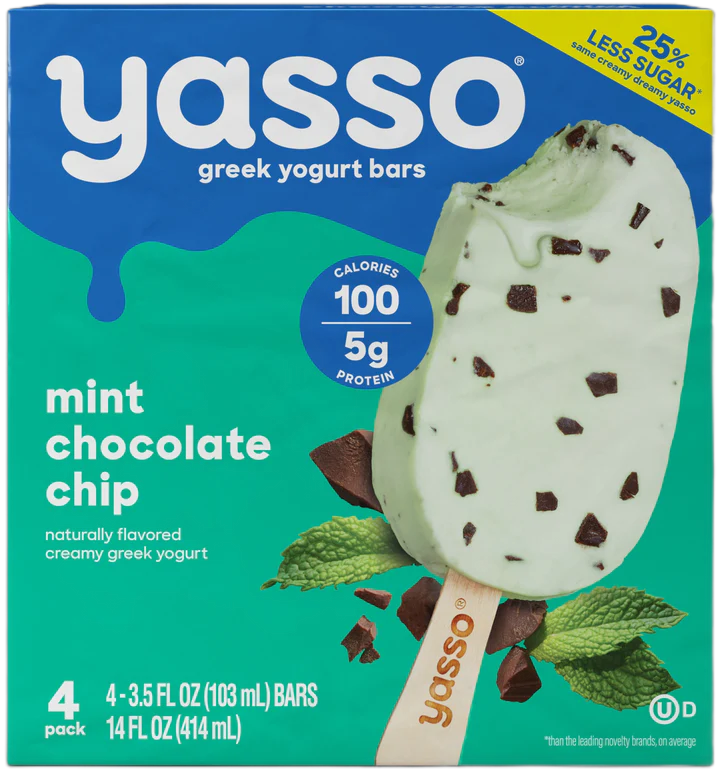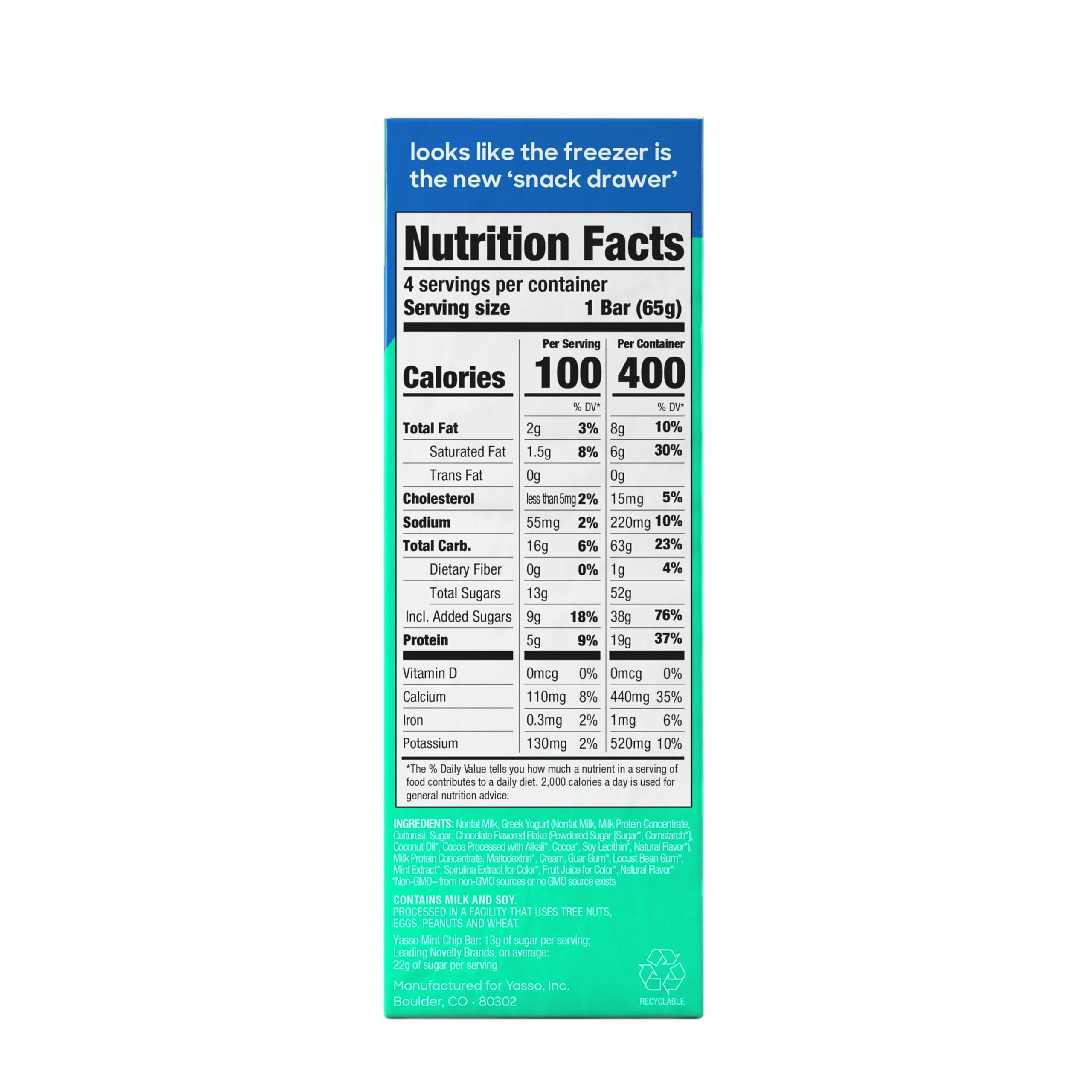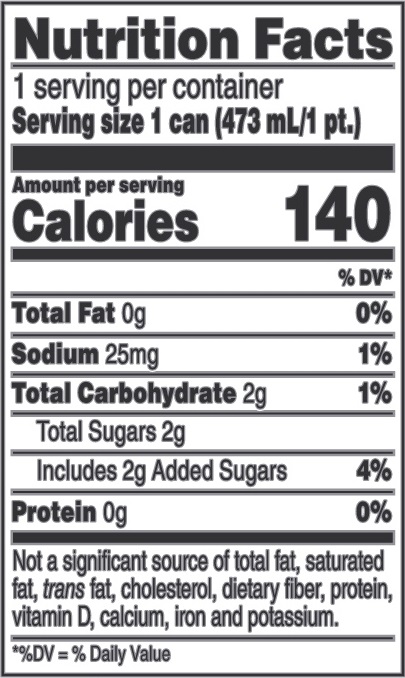
A typical 12-oz can of White Claw hard seltzer contains 100 calories, 2 grams of carbs, and 5% alcohol by volume. It’s gluten-free and often chosen for its light and refreshing taste.
White Claw has surfed to popularity on the wave of the health-conscious drinker. Offering a blend of sparkling water, a gluten-free alcohol base, and a hint of natural fruit flavor, this beverage appeals to those seeking a lower-calorie alternative to beers and cocktails.
With a variety of fruit flavors available, White Claw caters to a range of palates while maintaining a simple and transparent nutrition profile. This has made it a staple at gatherings and a trendy option for social events. Its clear nutritional information supports consumers in making informed choices, resonating with a demographic that prioritizes wellness without sacrificing social enjoyment.
White Claw’s Rise to Popularity
The White Claw wave has surged across the nation, causing a significant shift in consumer preferences. This bubbly beverage has not just captured the market; it has created a new norm in social gatherings and casual sips. Let’s dive into the reasons behind White Claw’s skyrocketing success and explore the seltzer phenomenon that’s sweeping the nation.
The Seltzer Craze
Hard seltzers have become the toast of the town, winning hearts with their low-calorie charm and refreshing taste. White Claw, in particular, stands out with several enticing features:
- Gluten-free options cater to health-conscious consumers.
- Each can contains an alcohol content on par with most beers.
- A variety of fruity flavors keeps the palate pleased.
- Nutrition facts promise fewer carbs and sugars.
These factors have encouraged many to take the plunge into the sparkling world of seltzers, with White Claw leading the charge.
Market Positioning Of White Claw
White Claw seized the seltzer market with clever branding and strategic marketing. The company positioned itself as a lifestyle brand aligned with adventure, fun, and a carefree way of living.
Take a glance at the table below to understand how White Claw’s nutrition content caters to the demands of modern consumers:
| Aspect | Detail |
|---|---|
| Calories | Approximately 100 per can |
| Carbs | 2 grams or less |
| Sugar | Little to none |
| Alcohol | 5% by volume |
White Claw’s image is one of clean, guilt-free enjoyment, setting a trend that other brands are racing to follow. The seltzer’s surge in popularity demonstrates a shift towards beverages that fit a healthier lifestyle without compromising on the social experience.
Examining White Claw Ingredients
White Claw has stormed the market as a refreshing beverage. It’s famous among those who seek a light and fizzy drink. Knowing what goes into White Claw helps understand its nutritional profile. Let’s dive into the ingredients that make White Claw a popular choice for many.
Key Components
A closer look at what’s inside White Claw reveals its key ingredients. The beverage boasts a simple composition. Yet, it delivers a crisp taste. Below is a breakdown of the main components in every can:
- Carbonated water brings the fizz that many enjoy.
- Alcohol derived from fermented sugars forms the basis of this drink.
- Natural flavors offer unique and distinct tastes.
- A blend of sugar and dietary fiber influences sweetness and texture.
- Fruit concentrates provide a touch of natural essence.
- Sodium is present in small amounts, enhancing flavor.
- Citric acid adds to the tanginess and helps preserve freshness.
Flavoring And Color
White Claw’s appeal lies in its range of flavors and visual allure. Carefully selected ingredients contribute to both. The vibrant shades and tempting aromas stem from natural sources. None of the colors or flavors come from artificial means. This ensures a pure and clean sipping experience. Here’s how flavoring and color achieve harmony in White Claw:
| Flavor Aspect | Source Ingredient |
|---|---|
| Taste | Natural fruit flavors and concentrates |
| Color | Natural juices and concentrates |
Fruit essences and purees from real fruits create the delightful flavors. They ensure enjoyment without the use of synthetic additives.
Calories And Alcohol Content
Understanding the calories and alcohol content of White Claw is important. People often choose it for its light and refreshing taste. Learn how it can fit into your health and wellness goals.
Caloric Breakdown
Let’s dive into the caloric content of White Claw. Each 12 oz can packs a modest calorie count that’s appealing to calorie-conscious consumers. Here’s the breakdown:
- White Claw Pure: 100 calories
- White Claw Flavors: 100-110 calories
This makes it a go-to choice for social events. It won’t ruin your diet.
| Flavor | Calories |
|---|---|
| Ruby Grapefruit | 100 |
| Lime | 100 |
| Black Cherry | 100 |
Alcohol Volume Analysis
White Claw’s alcohol content is a key factor for buyers. Each slim can contains 5% alcohol by volume (ABV). This is similar to many light beers. It’s important to drink responsibly. Here’s how White Claw compares:
- Standard light beer: 4-5% ABV
- Regular beer: 5-10% ABV
- White Claw: 5% ABV
Enjoy White Claw for its light alcohol impact. It’s perfect for those looking to unwind without too much buzz.

Credit: www.cub.com
Comparative Nutrition Analysis
Exploring the world of drinks, White Claw stands out. White Claw has declared itself a healthier option. Let’s dive into our Comparative Nutrition Analysis. We’ll see how it stacks up against its competitors.
Against Other Alcoholic Beverages
When you compare White Claw to other drinks, you see differences. Traditional beers and sugary cocktails often pack more calories. They can also have higher carbohydrate content. On the other hand, White Claw boasts a lighter profile.
| Drink | Calories | Carbs | Sugar | Alcohol Content |
|---|---|---|---|---|
| White Claw | 100 | 2g | 2g | 5% |
| Regular Beer | 150 | 13g | 0g | 5% |
| Sugary Cocktail | 200+ | 20g+ | 20g+ | Varies |
In this comparison, White Claw is a clear winner for calorie-conscious consumers.
Within The Hard Seltzer Category
Within its own category, White Claw stands strong. Most hard seltzers hover around the same calorie and carb count. Some brands, however, tip the scales with added sugars or higher alcohol by volume (ABV), which can affect nutrition.
- White Claw: 100 calories, 2g carbs, 2g sugars, 5% ABV
- Competitor A: 110 calories, 5g carbs, 1g sugars, 6% ABV
- Competitor B: 90 calories, 1g carbs, 0g sugars, 4.5% ABV
While some may beat it on calories, White Claw’s balance keeps it in favor. It’s the go-to for a blend of low-calorie, enjoyable taste, and easy-to-manage carb count.
Diet Considerations With White Claw
Insert additional meta tags and styles here
Choosing a drink like White Claw can be tricky on a special diet. It is popular, refreshing, and comes with a twist on nutrition facts. Let’s break down how White Claw fits into various dietary lifestyles. With its rise in popularity, it’s important to know what’s really inside this trendy beverage.
Low-carb Diets And White Claw
Low-carb diets often require careful tracking of carbohydrates. Hence, a White Claw can be a suitable choice. Here’s why:
- Low in Carbs: Each 12-ounce can typically has 2 to 4 grams of carbs.
- Keto-Friendly: Might fit your keto macros in moderation.
Pairing it with low-carb snacks makes it easy to stay on track.
Gluten-free And Vegan Concerns
Many people follow gluten-free or vegan diets for health or ethical reasons. White Claw has features that appeal to both:
| Diet | White Claw Compatibility |
|---|---|
| Gluten-Free | Marketed as gluten-free, making it a safe choice. |
| Vegan | No animal products used, suitable for a vegan diet. |
Check individual flavors and products as formulas may vary.
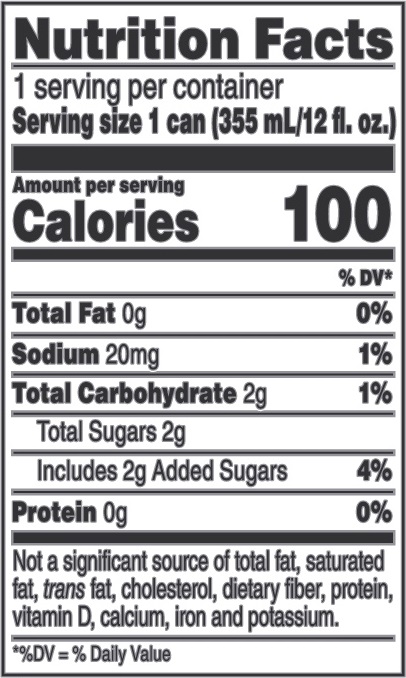
Credit: ussupport.whiteclaw.com
Addressing Health Implications
White Claw has climbed the ranks in social gatherings. It’s praised for its low-calorie count and gluten-free ingredients. Yet, many wonder about its impact on health. Let’s dive into the nutritional facts of White Claw and consider its pros and cons.
Moderation And Consumption
Like any alcoholic beverage, the key with White Claw is moderation. It contains 5% alcohol by volume, making it similar to many beers. One can packs just 100 calories and 2 grams of carbs. It fits easily into a calorie-conscious diet when enjoyed responsibly.
- Drink responsibly — limit intake to avoid excess calories.
- Stay hydrated — alcohol can lead to dehydration.
- Monitor frequency — regular consumption adds up calorically.
Potential Risks And Benefits
White Claw can be a lighter choice compared to other alcoholic drinks. That said, it’s important to recognize both sides.
| Risks | Benefits |
|---|---|
| Alcohol Dependence | Lower Calorie Option |
| Added Sugars | Gluten-Free |
| Overconsumption | Variety of Flavors |
Always consider your own dietary needs and consult with a healthcare provider.
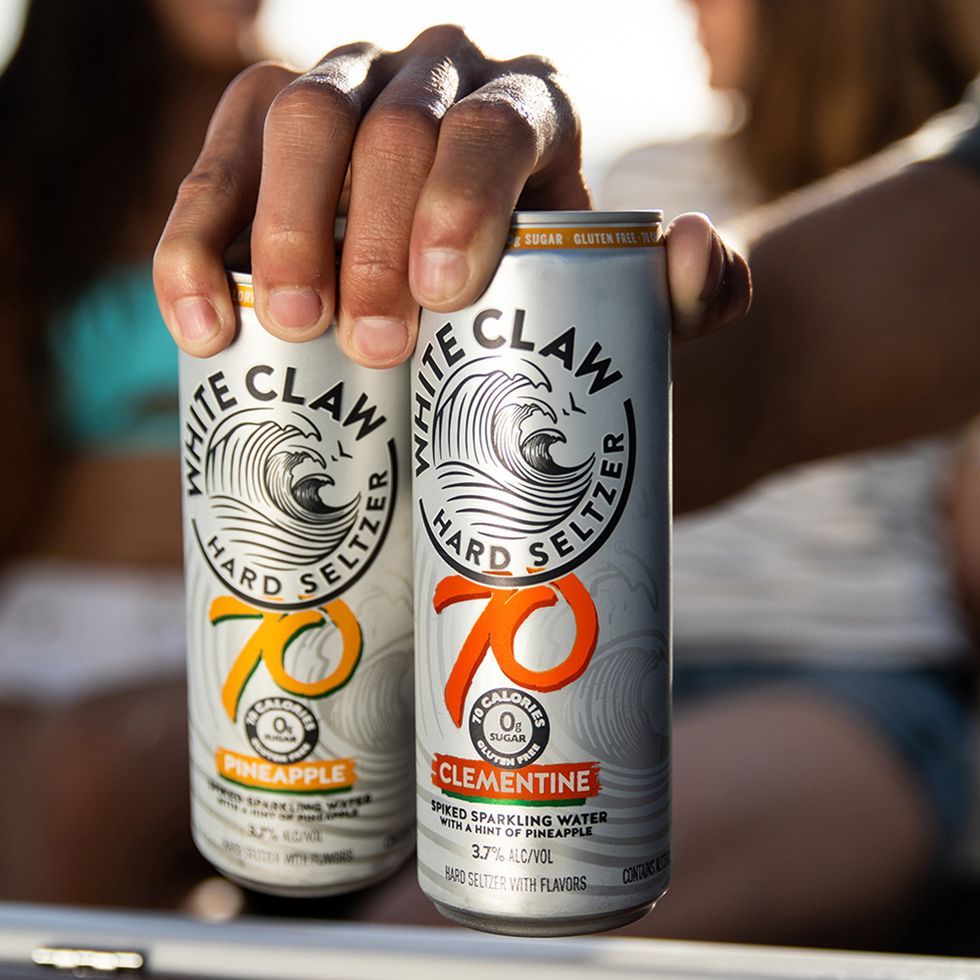
Credit: www.prevention.com
Frequently Asked Questions Of White Claw Nutrition Facts
Is White Claw Full Of Sugar?
White Claw Hard Seltzer contains 2 grams of sugar per 12 oz. Can, making it a low-sugar alcoholic beverage option.
Is White Claw Actually Healthy?
White Claw, categorized as a hard seltzer, is lower in calories and carbs compared to many alcoholic beverages. Yet, labeling it ‘healthy’ is misleading, as alcohol consumption always carries health risks. Moderation is key to including it in a balanced lifestyle.
What Alcohol Is In White Claw?
White Claw contains alcohol derived from fermented sugars found in a blend of seltzer water, fruit flavor, and a gluten-free alcohol base.
What’s More Fattening Beer Or White Claw?
Beer typically contains more calories than White Claw, making it more fattening. White Claw offers a lower-calorie alternative to traditional beers.
Conclusion
Understanding White Claw’s nutritional content helps you make informed choices. This popular hard seltzer offers a light, refreshing option with fewer calories and carbs. Remember, moderation is key to enjoying it as part of a balanced lifestyle. Cheers to staying informed about what you drink!


